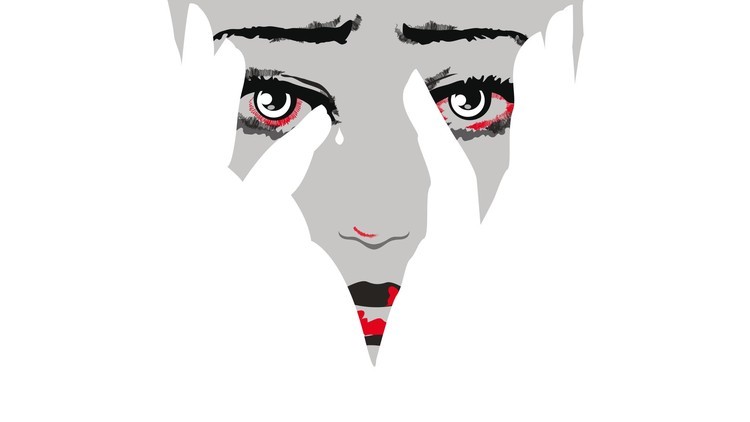Working with Trauma, Dissociation, and Psychosis

Why take this course?
🌱 Course Title: Working with Trauma, Dissociation, and Psychosis: CBT and Other Approaches to Understanding and Recovery
Course Headline: Embark on a Journey to Master the Art of Healing with Ron Unger! 🧠✨
Course Description:
Embark on an enlightening journey through the complexities of trauma, dissociation, and psychosis. This comprehensive online course, led by the esteemed expert Ron Unger, is designed to deepen your understanding of how adverse life events can manifest in these profound reactions, and more importantly, equip you with cutting-edge approaches and skills for facilitating change and guiding individuals towards recovery.
What You Will Learn:
After completing this course, you will emerge with a trauma-informed perspective that is crucial for working effectively with people who experience the most serious disorders. Key topics you'll explore include:
- Optimal Style of Therapy: Discover the best therapeutic approaches to support your clients.
- "What Happened" & "What Next": Shift your focus from pathology to understanding the historical context of your clients' experiences.
- Building Recovery Narratives: Learn how to guide clients in crafting coherent and self-compassionate narratives that promote healing.
- Mindfulness Techniques: Integrate mindfulness into therapy to enhance your clients' present-moment awareness and resilience.
- Overcoming Dissociative Splits: Develop strategies for addressing and integrating the different parts of a client's psyche.
- Boundaries & Openness: Help clients move beyond suppression towards establishing healthy boundaries and a degree of openness to their experiences.
- Thematic Exploration: Uncover and work with themes in metaphorical expressions as a means for healing.
- Spiritual Considerations: Incorporate an appreciation of the spiritual dimension in the therapeutic process, where relevant.
Work toward the possibility of true healing, not just “managing an illness”!
Course Content:
This course is rich with interactive content including:
- Video Lectures: Engage with insightful lectures from Ron Unger.
- Diagrams & Slides: Visual aids to help you grasp complex concepts easily.
- Case Examples: Real-life scenarios that illustrate the principles in action.
- Exploratory Exercises: Interactive activities to deepen your understanding and application of the material.
- Additional Resources: A curated list of further reading and studies to expand your knowledge.
Duration & Impact:
This course is designed to be completed in approximately 6 hours, offering a concise yet comprehensive educational experience. By the end, you will have a robust understanding of how to integrate CBT and other therapeutic approaches with a humanistic approach to support individuals affected by trauma, dissociation, and psychosis, paving the way for meaningful recovery and transformation.
Join us on this transformative learning adventure and become a beacon of hope in the lives of those who need it most. Enroll now and start your journey towards becoming a skilled and compassionate mental health professional! 🚀❤️
Course Gallery




Loading charts...
Comidoc Review
Our Verdict
This CBT-focused course provides a thorough exploration of trauma, dissociation, and psychosis. Offering insights and strategies that benefit both professionals and individuals with lived experience. Despite minor concerns regarding audio quality and interactivity, the course excels in clarifying complex topics, delivering relatable examples, and planting seeds for innovative approaches.\n\nWorking with Trauma, Dissociation, and Psychosis: CBT and Other Approaches to Understanding and Recovery is genuinely an eye-opening experience that promotes a fresh perspective on healing.
What We Liked
- Excellent for understanding the interconnections between trauma, dissociation, and psychosis, with a focus on cognitive strategies for addressing command and persecutory voices
- Real-life examples and perspectives from both practitioner and individual with lived experience
- richness of context and content that can benefit anyone working with people experiencing psychosis
- Practical application for therapists and clinicians, yet still resonating with those who have lived experience
Potential Drawbacks
- Some users found the course content and delivery a bit monotonous, lacking interactivity and requiring adjustment of volume
- A few users wished for more clarity on certain topics like psychosis and spirituality and additional resources/references to further study
- There's limited information on general dissociation and practical interventions beyond understanding the issues
- Audio quality can be improved, especially in early recordings